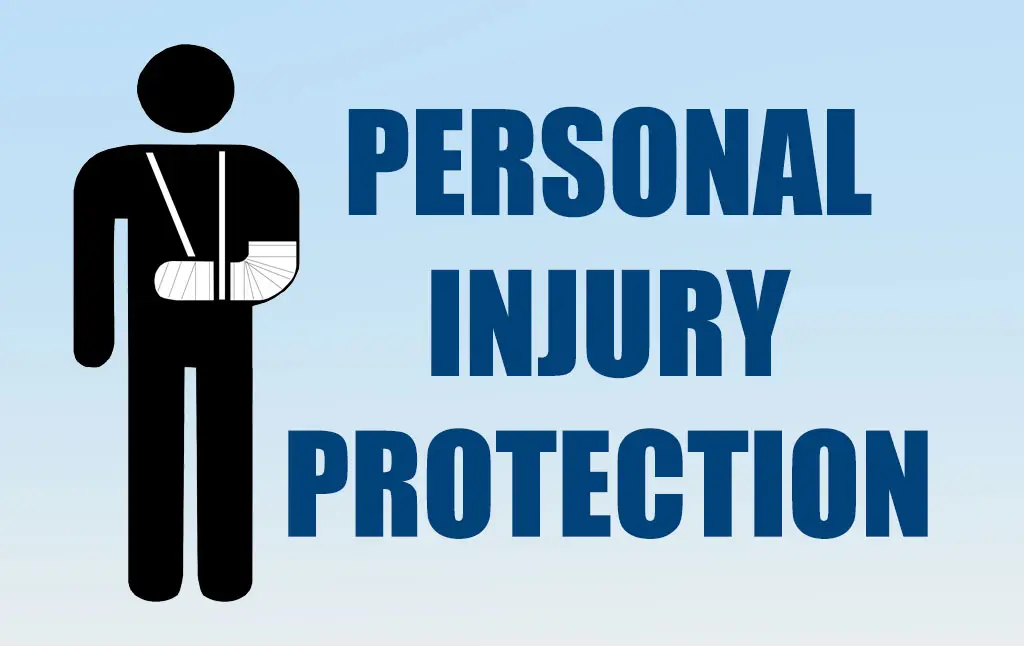Mon to Sun - 24/7 365
Comprehensive Guide to Personal Injury Protection (PIP) Insurance
Table of Contents
Toggle
Introduction to PIP Insurance
Personal Injury Protection (PIP) insurance, often known as “no-fault” insurance, is a fundamental component of auto insurance policies in several states. It is designed to cover medical expenses, lost earnings, and other incidental costs that arise from an auto accident, irrespective of who was at fault. This type of coverage is critical for providing financial security and immediate medical attention to all parties involved in an accident, fostering a quicker recovery without the need for lengthy legal disputes over liability.
Detailed Coverage of PIP Insurance
What Does PIP Insurance Cover?
PIP insurance is comprehensive, offering a wide range of benefits that include:
- Medical Expenses: It covers the cost of medical care directly related to the accident, including hospital stays, surgeries, diagnostic tests, and necessary medical equipment.
- Rehabilitation Costs: If ongoing rehabilitation or physical therapy is required, PIP helps cover these expenses to aid in recovery.
- Lost Wages: Compensation for lost income if injuries prevent the insured from working.
- Funeral Expenses: In the event of a fatality, PIP provides financial assistance for funeral and burial expenses.
- Substitute Services: When injuries prevent individuals from performing regular duties such as childcare or housekeeping, PIP can cover the costs of substitute services.
How to File a PIP Claim
Filing a PIP claim involves several steps, designed to ensure that claims are processed efficiently:
- Immediate Notification: Notify your insurance provider about the accident promptly to start the claim process.
- Documentation: Gather all necessary documentation, such as police reports, medical records, and receipts related to the accident.
- Claim Submission: Submit a detailed claim form through your insurer’s claims process.
- Evaluation by Insurance Company: The insurance company will assess the claim to verify the expenses and determine coverage.
- Disbursement of Funds: The insurer will issue payments directly to medical providers or reimburse the insured for covered expenses.
Limitations and Exclusions of PIP Insurance
It’s important to note that PIP insurance does not cover:
- Property Damage: Damage to vehicles or property is not covered under PIP and typically requires collision or comprehensive insurance.
- Pain and Suffering: PIP does not compensate for pain and suffering; this is usually covered under bodily injury liability insurance in fault-based claims.
- Coverage Caps: Each PIP policy has a maximum limit, which can vary by state and chosen insurance plan.



